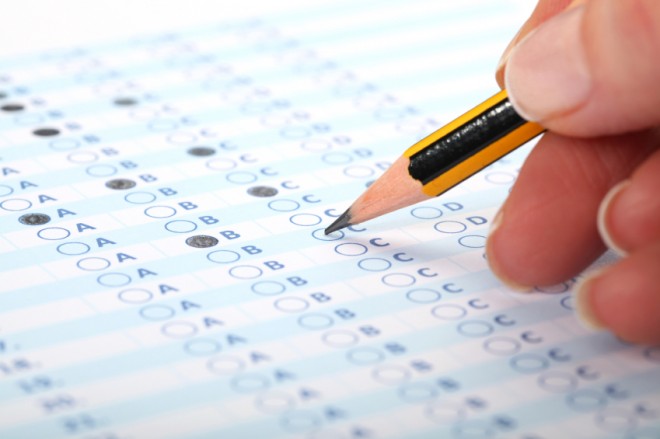Why Take An SAT Prep Course?
Both students and parents alike wonder if the prospective test-taker should take an SAT prep course. Should a person do so? After all, the test only measures general skills that are taught in schools to begin with; why pay extra to go over subjects a student is already learning?
It’s a worthy consideration to make.
Why You Should Consider SAT Prep
The reason SAT prep should be considered either by the student looking to get help prior to taking the test or the parent looking on their child’s behalf is fairly simple. The Scholastic Aptitude Test determines the standing of the test-taker when it comes to college admissions. The schools that a student is able to get into sets the course for the rest of their lives.
Admissions have become increasingly competitive at many colleges, as a high GPA is no longer sufficient. A student has to deserve a spot at an institution of higher learning. While there are certainly attributes that impact admissions that are far removed from grades or test scores, SAT scores are a major portion.
A person has to give themselves every advantage they possibly can, which is where Testive SAT preparation course comes in. The longer and more comprehensively a student prepares, the more they will gain not only greater competency in the relevant subjects, but more importantly confidence, which is equally as important when it comes time to sit for the test.

The Importance Of SAT Scores In Admissions
USA Today quoted the dean of undergraduate admissions from Duke University as saying that SAT scores made up one-third of academic considerations when looking at a student. Forbes reported that the top tier of colleges rarely admit students with scores less than 1500 overall; students with math scores above 800 are given much higher priority than those scoring lower.
Admissions data from NYU and Boston University reveal that students typically only begin to be admitted to those universities with SAT scores of 1710 or ACT scores of 24 or higher; admissions do not become common at those universities until students reach SAT scores of 1600 or better, or ACT scores of 30 or better.
Though the education a person receives is very important, the name of the institution on a diploma can matter as well. One of the easiest ways to ensure admittance into a top-tier institution is to make sure academic performance, including ACT and SAT scores, are attractive to a university.
SAT and ACT scores carry a lot of weight with college admissions officers, as does grade point average and class rank, if a student’s class gives ranks. (Most do not.) A GPA in excess of 3.5 and an SAT score over 1600 or ACT score over 30 certainly places a candidate in good standing. Additionally, a high test score can help compensate for a slightly lower GPA if a student’s average isn’t as high as could be hoped for.
Extracurricular activities, academic and career aspirations, and other intangibles are important as well, but GPA and test scores remain the single largest factors in gaining college admissions.
Does SAT Preparation Help?
Obviously, higher scores are why so many students take SAT preparation courses before taking the test. That’s also why so many people take practice exams to help them study, and why many students also turn to SAT coaching to give them any edge they can get.
Does it work, though?
The Wall Street Journal quoted Robert Franek, Senior Vice President of the Princeton Review, as saying that students that feel confident and relaxed, they are most of the way to succeeding at the SAT.
Studies have shown some mixed results depending on the method of test prep, with some showing that test preparation could result in small increases close to 20 to 30 points, and quality SAT coaching could provide much larger gains. Additionally, the length and amount of test preparation has been shown to impact any realized gains. Students that take a longer period to prepare tend to do better than those who merely cram.
We recommend that students take the SAT or ACT 2 – 3 times.
An alternate angle here can be, rather, that the best way to improve on a second or third test session is to learn from your mistakes through test preparation.
Tom Rose is the co-founder and CEO of Testive, an online SAT and ACT prep company. Tom started Testive at MIT, after spending years as a highly paid private SAT and ACT tutor, to provide students with personalized, efficient, and affordable test prep.
